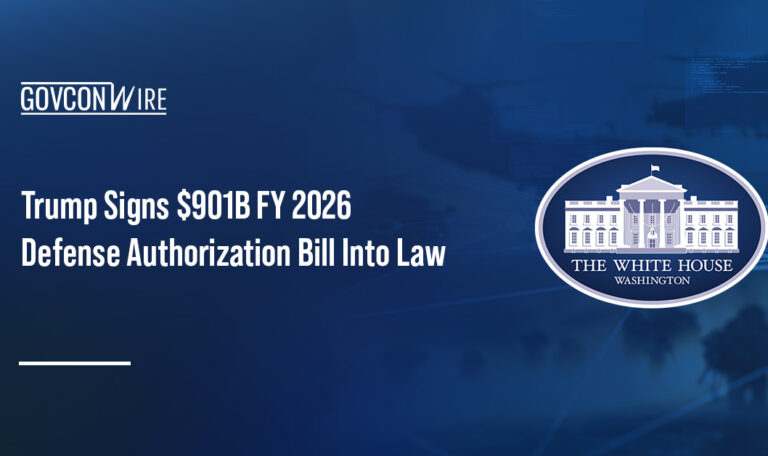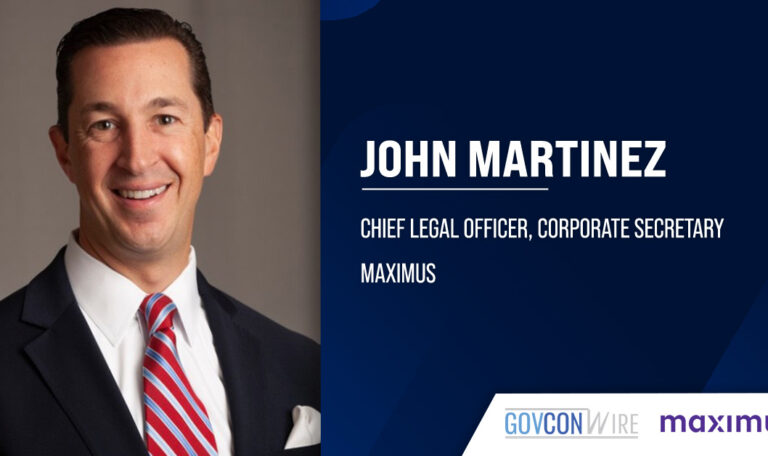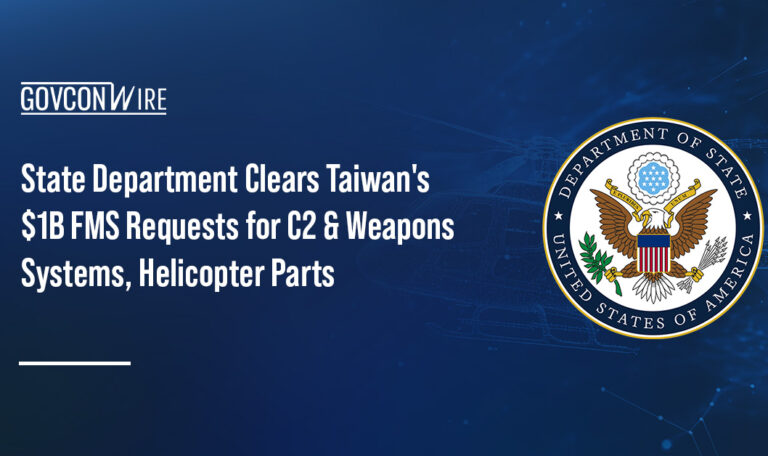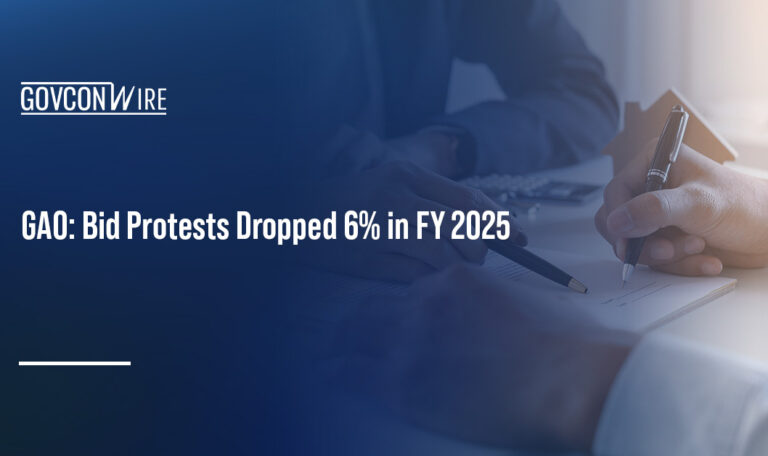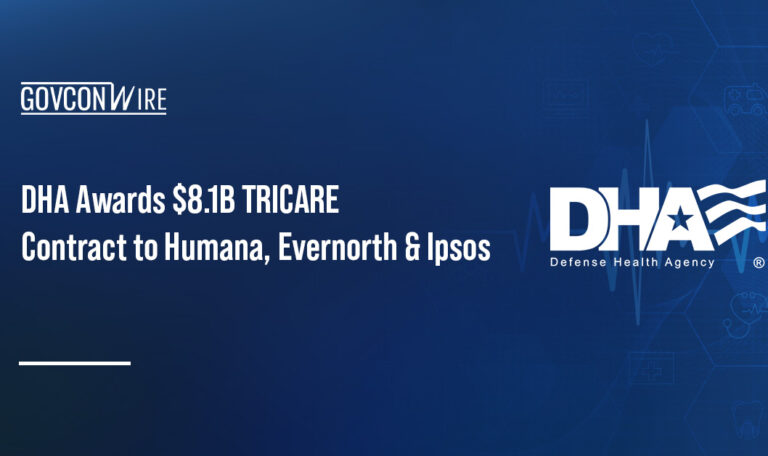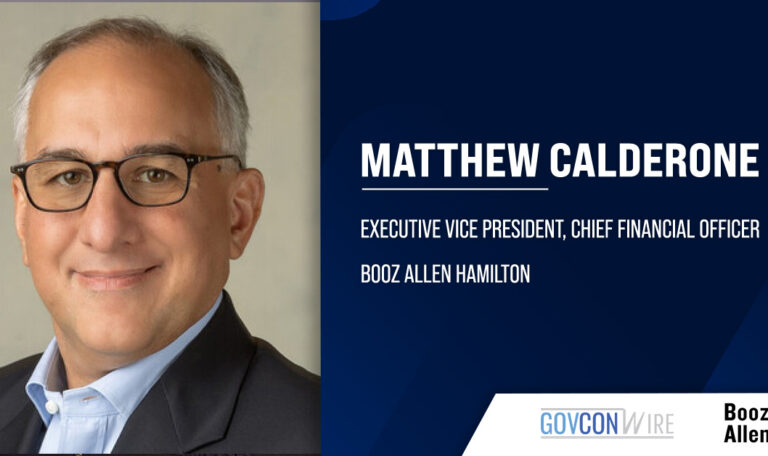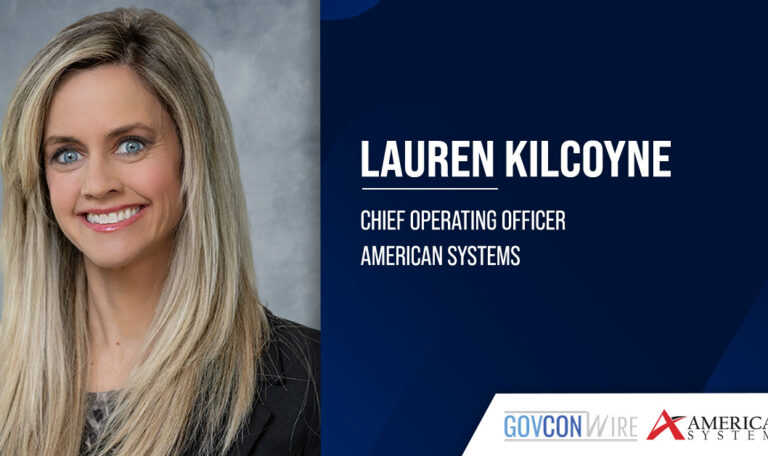By Alka Bhave, President of Fearless Digital
In the ever-evolving landscape of healthcare policy, it’s crucial to examine how legislative decisions translate into real-world impact for citizens. The recent implementation of web tools supporting the Emergency Medical Treatment and Labor Act, a.k.a. EMTALA, offers a compelling case study in how government agencies can swiftly respond to policy changes and effectively serve the public interest. EMTALA, a cornerstone of emergency medical care in the U.S., ensures that patients receive essential emergency services regardless of their ability to pay, making its effective implementation critical for public health and equity.
Fearless has worked alongside the Centers for Medicare & Medicaid Services for years and we are proud to support this and other critical initiatives. I’m lucky to have had a front-row seat to a transformative process that is already impacting lives.
If you currently do business with CMS or are looking to collaborate, save a spot now at the premiere GovCon healthcare event of the year: the 2024 Healthcare Summit, from Potomac Officers Club. There will be notable speakers present from CMS, the Department of Veterans Affairs and the broader Department of Health and Human Services. Register for the Dec. 11 event now!
EMTALA: Ensuring Emergency Care for All
EMTALA, enacted in 1986, mandates that hospitals provide emergency medical treatment to anyone in need, regardless of their ability to pay or insurance status. This law has been fundamental in ensuring equitable access to emergency care across the country.
However, the effectiveness of any law depends on public awareness and the ease with which citizens can exercise their rights. Recognizing this, the Centers for Medicare & Medicaid Services recently undertook a significant initiative to enhance EMTALA’s implementation, with Fearless as a key technology partner in this endeavor.
Bridging the Gap: From Policy to Public Access
In early 2024, CMS launched a comprehensive effort to improve public understanding of EMTALA and streamline the complaint process. This initiative resulted in:
1. A user-friendly informational page on CMS.gov explaining EMTALA rights
2. An accessible web-based complaint form for reporting potential violations
These tools represent a significant step forward in empowering citizens to understand and assert their rights under EMTALA. Our team at Fearless worked closely with CMS to ensure these digital solutions were not only technically robust but also intuitive and accessible to all users.
The impact of this work has recently been amplified in a remarkable way. In August 2024, CMS announced new EMTALA signage for hospitals, which includes a QR code directing people to the very page that Fearless helped build.
This development creates a powerful integration of physical and digital resources, underscoring the real-world impact of our work. Now, individuals in emergency departments across the country will have immediate access to clear, comprehensive information about their rights under EMTALA, right at their fingertips.
It’s a testament to how thoughtful digital solutions can extend beyond the screen to make a tangible difference in healthcare settings.
The new signage, coupled with the digital resources, creates a seamless pathway for individuals to understand their rights, recognize potential violations and take action if necessary. This comprehensive approach not only enhances public awareness but also strengthens the accountability of healthcare providers, ultimately contributing to a more equitable and responsive emergency care system.
The Impact: Early Results and Future Potential
Within the first two months of the complaint form’s launch, over 260 individuals have already used it to report potential EMTALA violations. This rapid adoption underscores the need for such tools and their potential to enhance healthcare system accountability.
Moreover, the initiative’s impact extends beyond individual complaints. By making EMTALA rights more visible and accessible, CMS is fostering a healthcare environment where emergency departments are more likely to comply with the law, benefiting countless patients.
Lessons Learned: Rapid Response in Government Tech
The swift development and deployment of these tools offer valuable lessons for government agencies and their technology partners:
- Agility is key: The entire process, from conception to launch, took just a few months. This demonstrates that government agencies can move quickly when necessary.
- User-centric design matters: By focusing on clarity and ease of use, CMS and the team ensured that complex legal rights were translated into accessible information for the public.
- Cross-functional collaboration is crucial: The project’s success hinged on effective collaboration between policy experts, healthcare professionals, technologists and language specialists.
- Inclusivity enhances impact: By providing materials in multiple languages, CMS significantly broadened the reach and effectiveness of the initiative.
- Continuous iteration improves outcomes: The phased approach — starting with an informational page, then adding the complaint form and later introducing Spanish versions — allowed for continuous improvement based on user feedback and changing needs.
Reimagining Healthcare Policy Deployment
The EMTALA implementation project offers valuable insights for future healthcare policy initiatives. Technology is a powerful enabler, with digital tools significantly enhancing policy effectiveness. Our experience suggests that future healthcare policies should be designed with digital implementation in mind from the outset, creating more effective and user-friendly systems from day one.
The project also challenges the notion that government agencies are slow to act. With the right partners and processes, agencies can respond swiftly to evolving policy needs — a crucial ability in the fast-paced world of healthcare. This agility, combined with a commitment to transparency, not only increases public trust and engagement but also holds the entire healthcare system more accountable.
Accessibility and inclusivity must remain at the forefront of policy implementation. Every initiative should prioritize reaching all segments of the population, regardless of language, education level, or physical ability. This commitment to equitable access is non-negotiable in creating a truly responsive healthcare system.
Lastly, the success of this project underscores the importance of cross-sector collaboration. The partnership between CMS and its technology partners like Fearless demonstrates how public-private collaborations can drive innovation in healthcare policy implementation. Future initiatives should harness these collaborative strengths to create comprehensive solutions to complex healthcare challenges.
As we navigate the evolving landscape of healthcare policy, the EMTALA implementation project sets a new standard for turning policy decisions into tangible benefits for citizens. By embracing technology, prioritizing rapid response, fostering transparency, ensuring accessibility and promoting collaboration, we can create a healthcare system that is more responsive, equitable and effective for all Americans.





